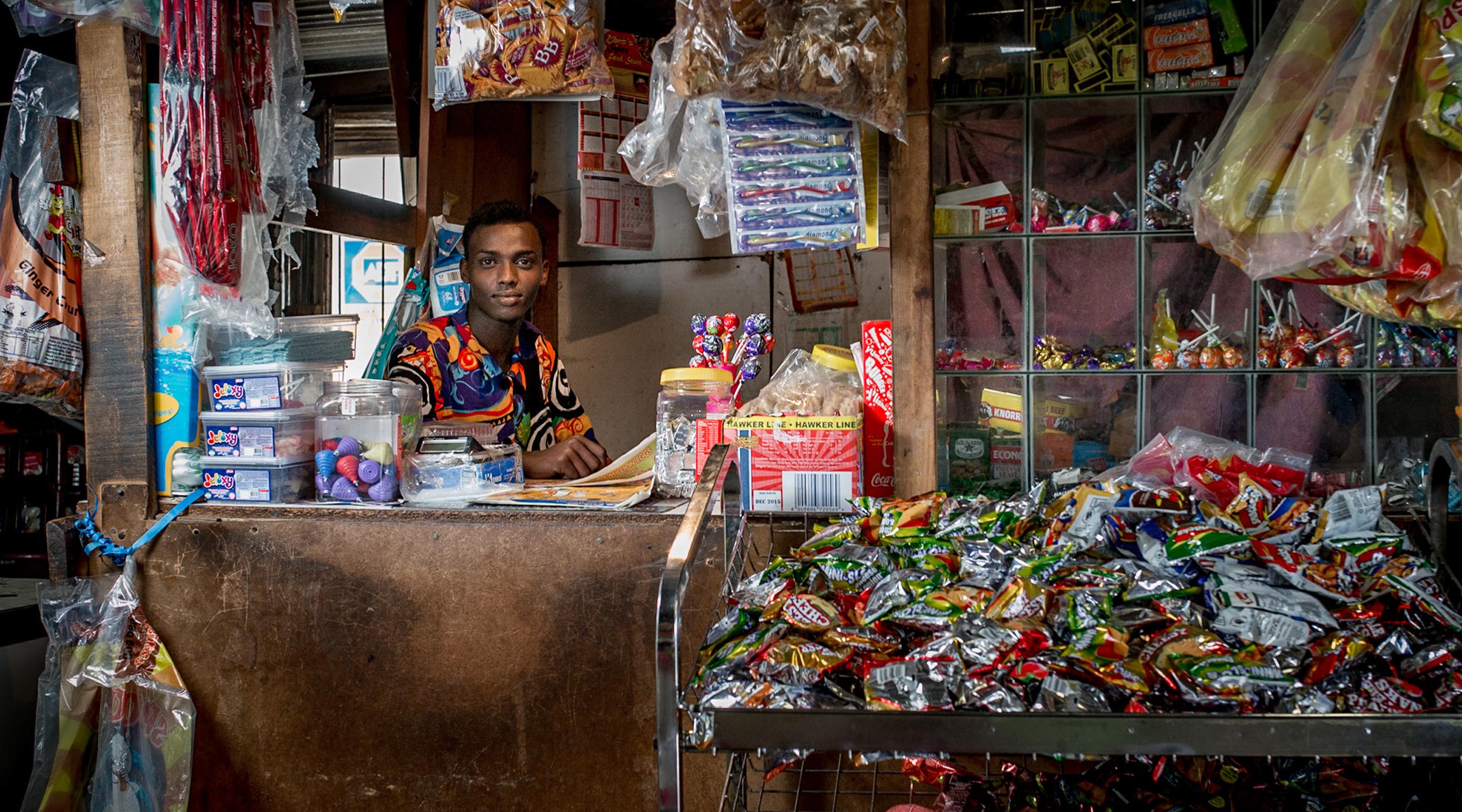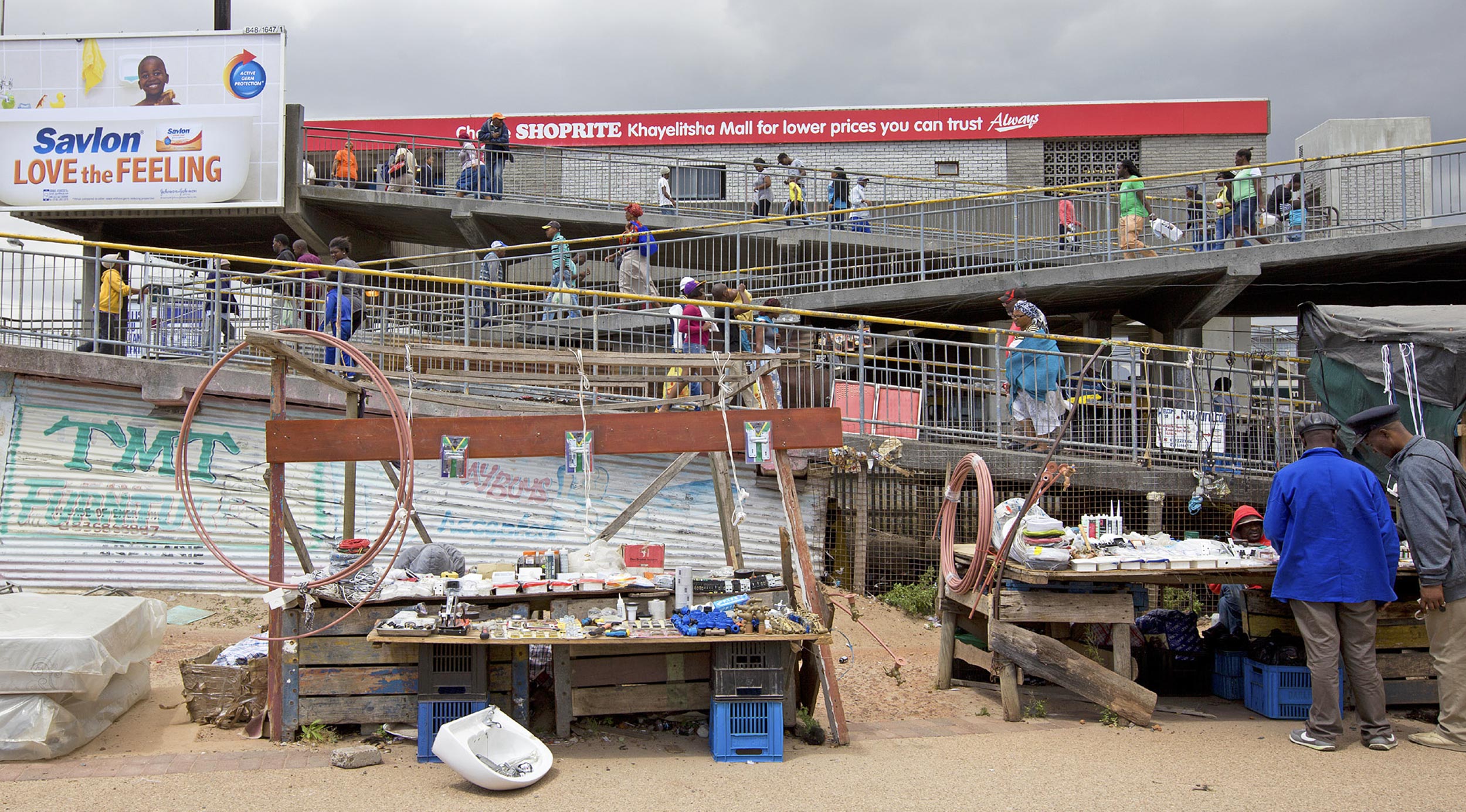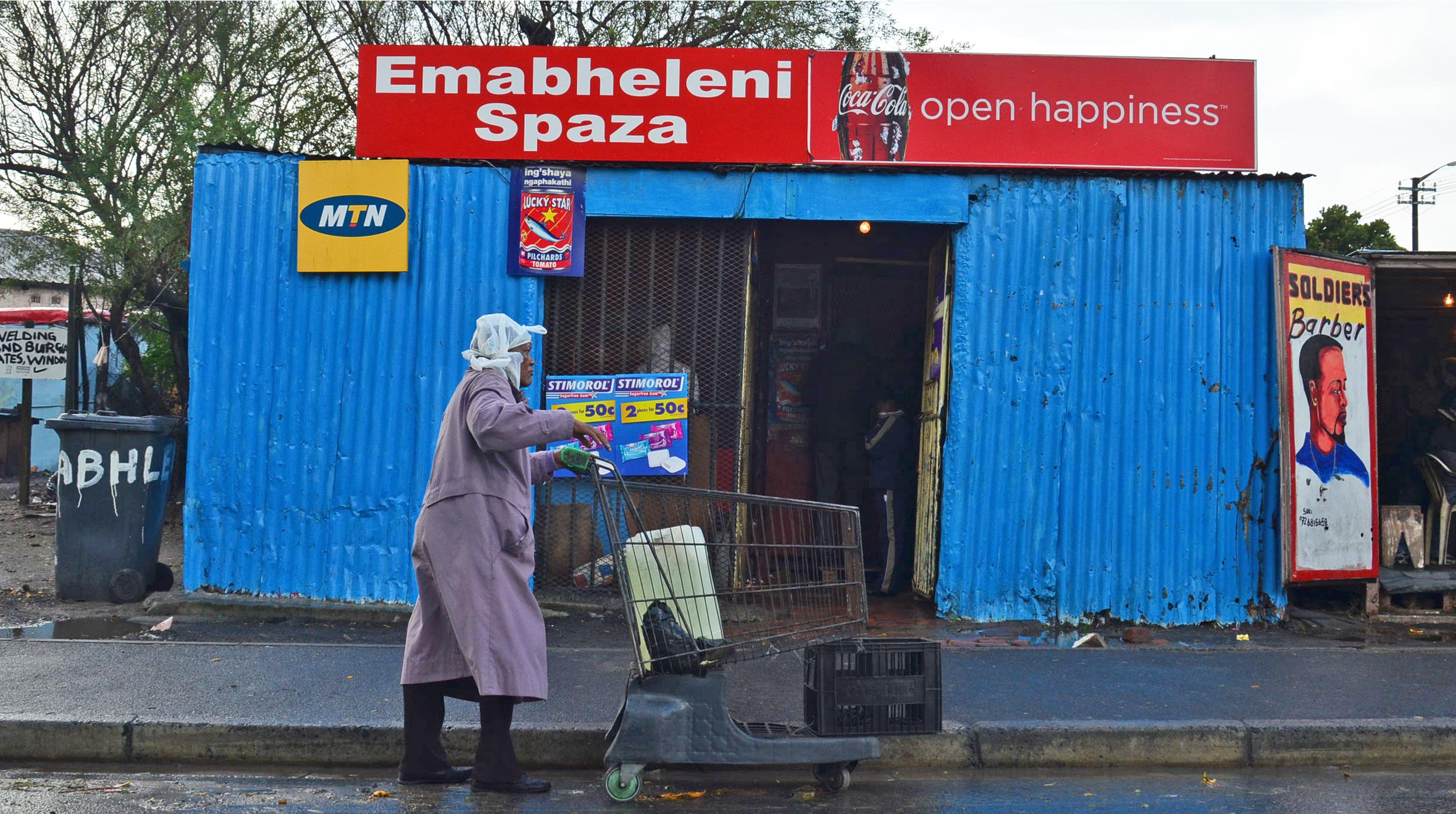CAPE TOWN, SOUTH AFRICA
Nestled at the southwestern tip of South Africa, Cape Town has breathtaking natural beauty and cultural diversity. Against the iconic backdrop of Table Mountain, the city stretches along the coastline, blending modern urban landscapes with historical charm. With a population exceeding 4 million people, the city is a major economic and tourism hub, but it grapples with socio-economic challenges, including issues of inequality and informal settlements.
Cape Town is also home to a vibrant food system. While the city has seen the rapid spread of supermarkets across the city over the past few decades, local and informal food sources remain common. Among these informal food sources, urban agriculture, rural to urban food transfers and food retailers continue to play a role in the city’s urban food system. The city’s food system also faces the strain of rising inequality. As a result, Cape Town municipalities continue to face the challenge of stemming the spread of food insecurity among city residents along with the administrative challenge of integrating informal food retailers in the formal food system.




